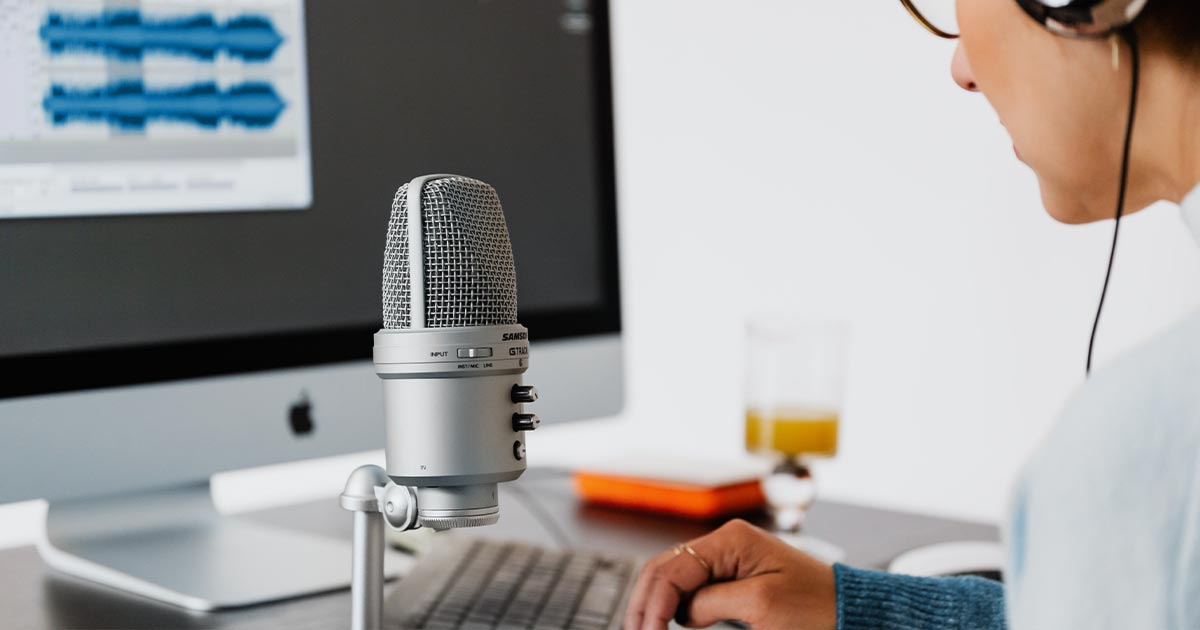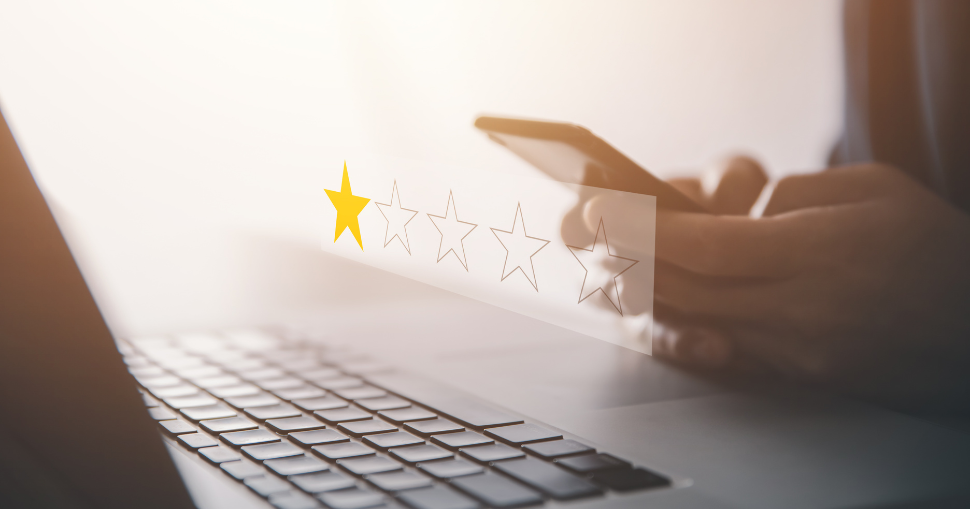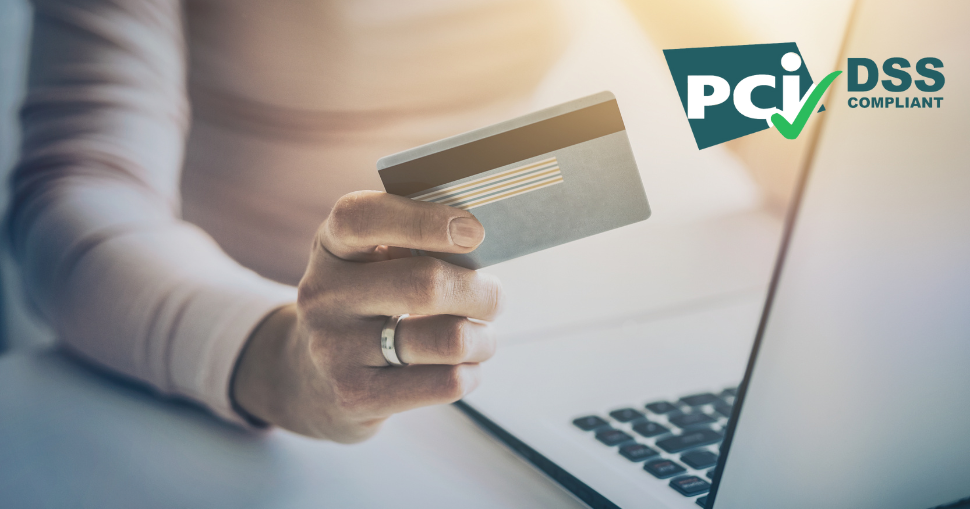You’ve done your homework and decided that a podcast is the way to go for your business. There’s a podcast name, we’re using #TruevoTalks, a host and you’ve sorted your topics and themes. Most importantly you’ve realised it’s worth all the time, research and energy to start this journey. Now you just need to find the budget to get the right equipment. Right? Wrong.
The Buddhists have a saying. “Look at what’s in the bowl.” It boils down to taking stock of what you have and using it. Before you spend loads of money on fancy equipment, an advanced setup and great earphones, you should perhaps just start and see how you go. Like everything in life the details will reveal themselves the deeper you get into what you’re doing.
Setting up your podcast
You need some sort of recording device, a computer, editing software and access to the Internet to start a podcast. Oh yes, and a quiet space to work in. A general rule of thumb is that the more basic your equipment is, the more your sound quality will suffer. So, cater for that. If you decide to do recordings in the field i.e. interview people in their homes or offices, you need to pay attention to any background noise you’ll pick up. It’s much easier to move to a quieter space than it is to try and fix a bad recording. Trust us. Editing out a barking dog is harder than it sounds.
The rule of thumb is to eliminate any sounds you don’t want to hear in your podcast by making sure the space you record in is quiet. If you’re talking to people via the Internet or on a cellphone make sure you have a good connection. Do a ping test before you record to eliminate any lost pockets of sound or lag.
Just a note on the side. While you’re interviewing or talking to your guest, leave small gaps between questions and answers. It will help you find and edit topics later. If it’s possible make a note of the time codes where you ask your questions and where there are answers you like. It is also good practice to give each recording a different code or number with a short note of what the recording is about. It will save you loads of time searching for files on the editing desk.
Recording devices
How long is a piece of string? There are a plethora of recording devices on the market. You’ll find anything from digital recorders (good for outside interviews) to USB microphones and even cell phones. Choose one that will not get in the way when you work. By that we mean, choose a device that is simple to operate. You can have the best equipment on the market but if you don’t know how to use it, it’s pointless. The last thing you want to be doing when you interview someone is to battle with your equipment. Or even worse. You don’t want to spend an hour doing the most amazing interview only to realise later that you weren’t recording. You’d be surprised at how often that happens. To avoid the recording blues do a microphone test before you start. And before we move on to editing. If you don’t have money or you’re unsure whether you want to do this podcast thing long term. Just use your cellphone until you can afford something more advanced. Some smartphones like the Apple and Samsung ranges have amazing microphones. In some cases, they’re even better than the bottom of the range mikes.
Editing and recording software
You need software to record and edit voice tracks. Like recording devices, there are various editing software programmes on the market. Some are more complicated than others. Some are for free and others are paid for. Again, choose one that suits your pocket and skill set. Equipment and software are there to make your life easier. Not to get in the way and stop you from doing what you aim to do. Look at Audacity, Adobe Audition and Alitu. If you’re new to working with audio we suggest that you use Alitu. It will get you out of the blocks. You can always move on to the more advanced editing tools once you know your way around audio recordings.
We’ve started working on our own Truevo bi-weekly podcast. We’ll talk with entrepreneurs and businesses of all sizes. We’ll talk about ecommerce trends, business news, digital marketing, entrepreneurship and growth hacks that are applicable to your company regardless of business size as well as payments fraud and everything in between. Stay in touch to hear about our official Spotify Podcast launch soon. In the meantime, you can listen to some of our #TruevoTalks prelaunch episodes below.



